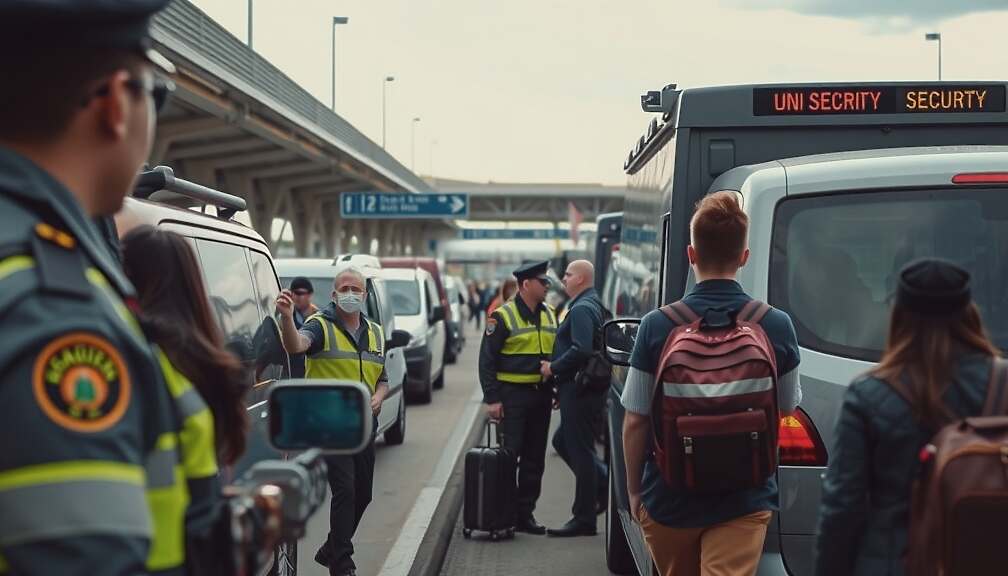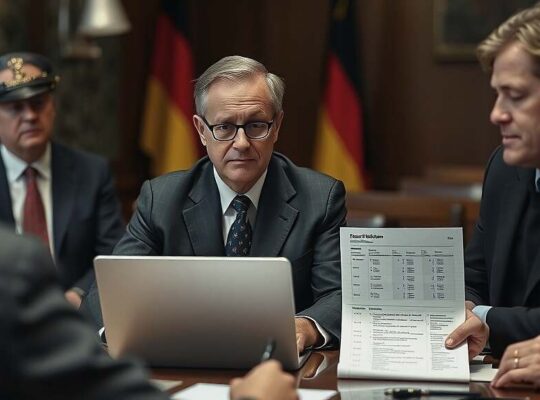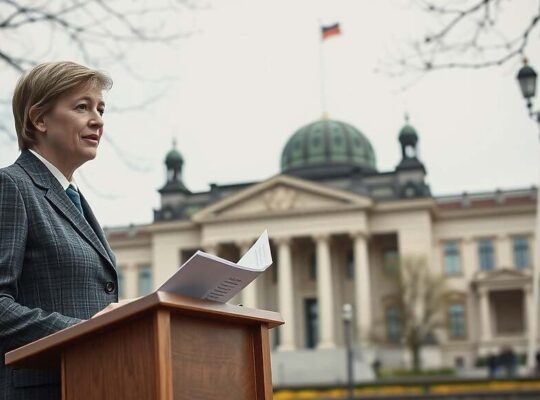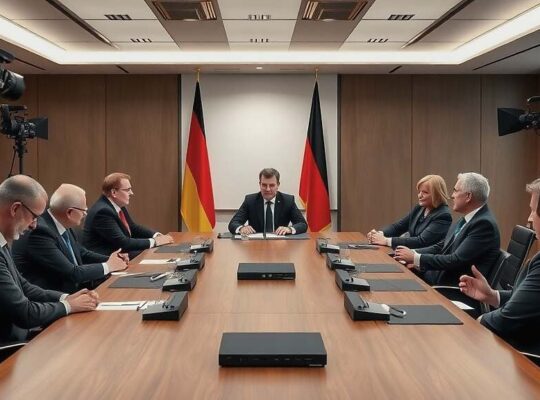Germany’s reintroduced border controls have incurred substantial costs since their implementation in mid-September 2024, totaling 80.5 million euros through the end of June 2025. This figure, revealed in response to a parliamentary inquiry by the Left Party, indicates quarterly costs for increased federal police deployment at internal borders ranging between 24 and 29.1 million euros.
A significant portion of the expenses, approximately eight million euros between April and June of this year, was allocated to officer sustenance and hotel accommodations. Additional allowances for working unfavorable hours amounted to nearly three million euros during the same period. Operational supplies and the maintenance of border stations accounted for 2.6 and two million euros, respectively.
The largest expense category stemmed from overtime pay, with 37.9 million euros spent on additional duty-related costs from mid-September 2024 to the end of June 2025. Authorities currently have up to 14,000 federal police officers deployed at Germany’s internal borders.
The federal police initiated the temporary border controls on September 16, 2024, citing the need to curb irregular migration. Interior Minister Alexander Dobrindt recently announced a further extension of the controls, indicating continued implementation and deportations beyond September.
Between May 8th and August 4th, border officials turned back 493 individuals seeking asylum at Germany’s internal borders. A Berlin administrative court has ruled against these rejections in one instance, citing similar rulings from the European Court of Justice.
Clara Bünger, a member of the Left Party, strongly criticized the government’s border controls and the treatment of asylum seekers, labeling it an unlawful policy focused on reinforcing borders. Bünger called for the immediate cessation of the controls, arguing they impede asylum seekers, cause traffic congestion in border regions, burden commuters and incur significant financial costs.












